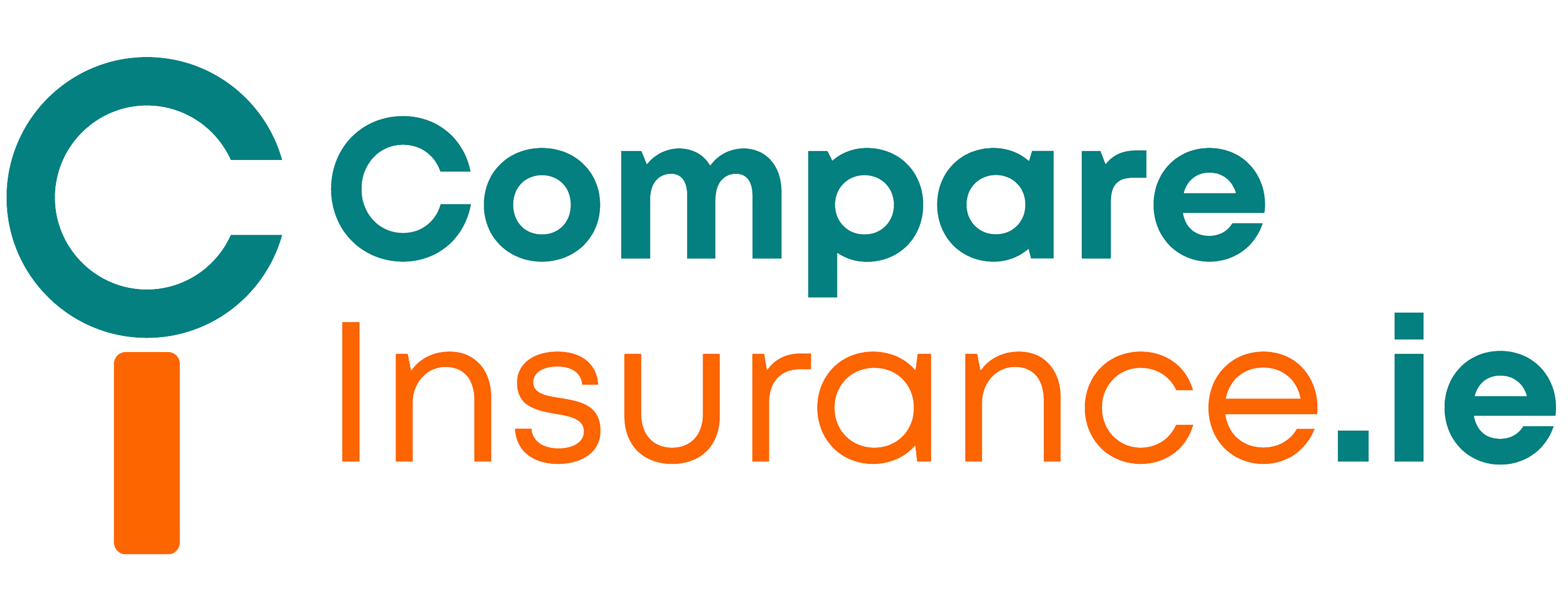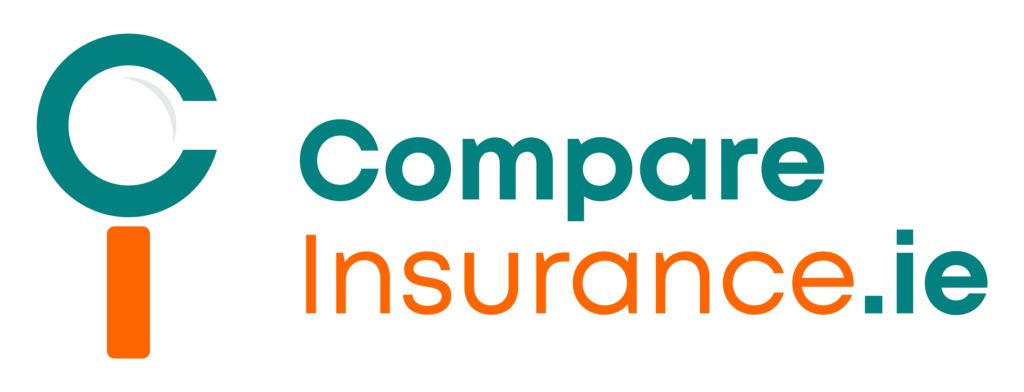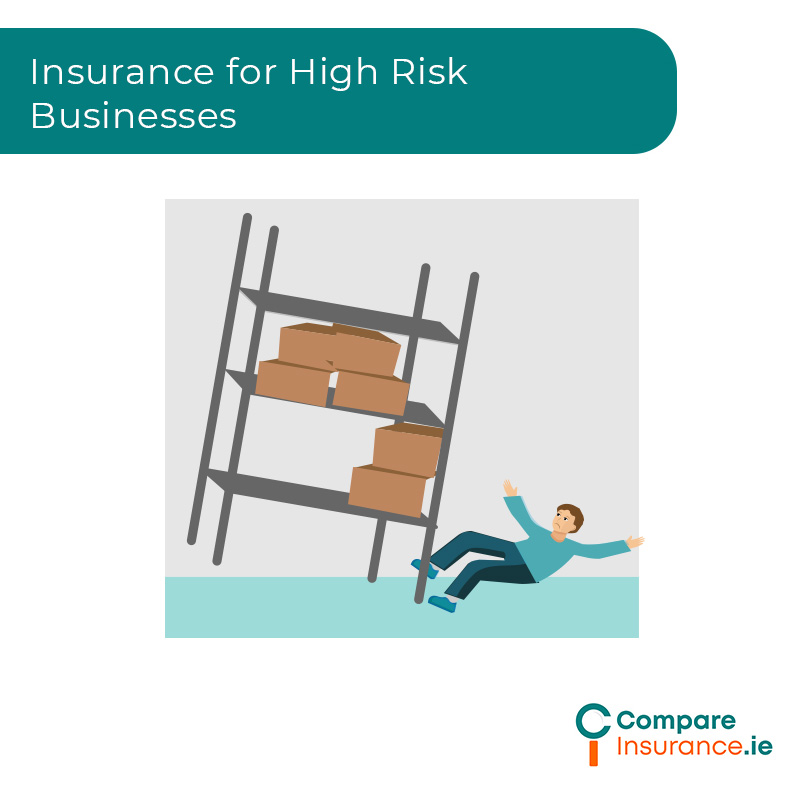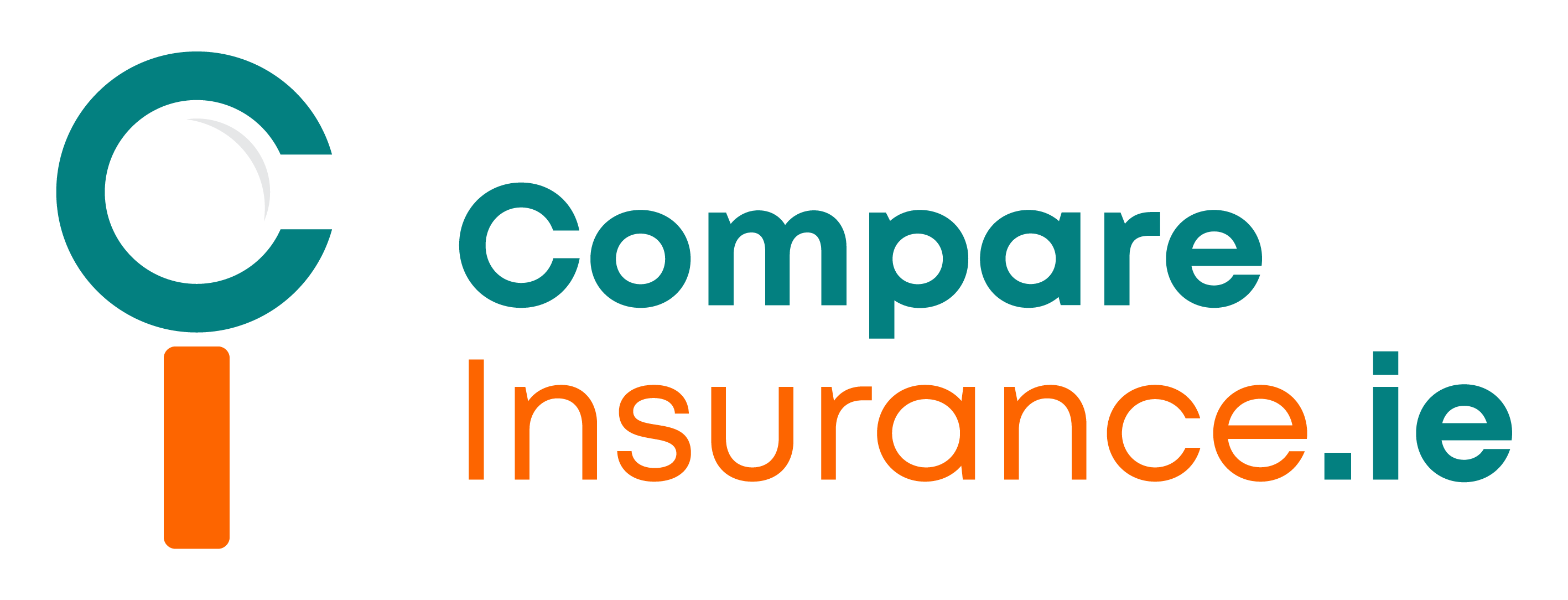Having your own business of any kind can feel like a risk in itself and without entrepreneurial types who forge ahead despite the risks involved, society and the economy would certainly suffer.
However, some business types are riskier than others and more likely to lead to personal injury and property damage, as well as risks of employee accidents or damage to their premises and equipment in the operation of the business.
For the best value business insurance, speak to Compare Insurance today!
High risk business insurance cover
We have all heard and read news stories about the difficulties of obtaining insurance cover for certain business types due to the high levels of risk involved in their operation and/or the increased likelihood of claims.
Here is a guide to the importance of insurance for some of these business sectors as well as a guide to insurance cover for high risk businesses.
High risk business sectors
The following types of business are some that could be considered ‘high risk’ in insurance terms. Not all may immediately seem to be physically risky, however, they do present an elevated risk of accidents, injuries, or claims.
Factors that contribute to high risk in your sector
Any business where there is increased risk of injury or property damage to members of the public, customers or those who use the business, or to workers employed by your business may be considered higher risk by insurance companies.
Here are some factors that higher risk businesses have in common:
How to choose the right insurance policy for your business
1. Assess your risks
Consider the types of risk associated with your business. If you have staff working for you, you may need employers’ liability insurance, you may need cover for tools or equipment, you may need commercial property insurance if you have a premises.
You will most likely need public liability insurance if you are open to the public or need cover in case the operation of your business could cause injury or property damage to a member of the public.
Cyber insurance is required by many businesses who sell online, and professional indemnity insurance may be required if you give advice to clients or customers.
If you have a company vehicle you will need commercial motor insurance by law and you may wish to cover goods in transit.
You may also wish to consider business interruption cover in case your business is forced to close for a time due to an unexpected event.
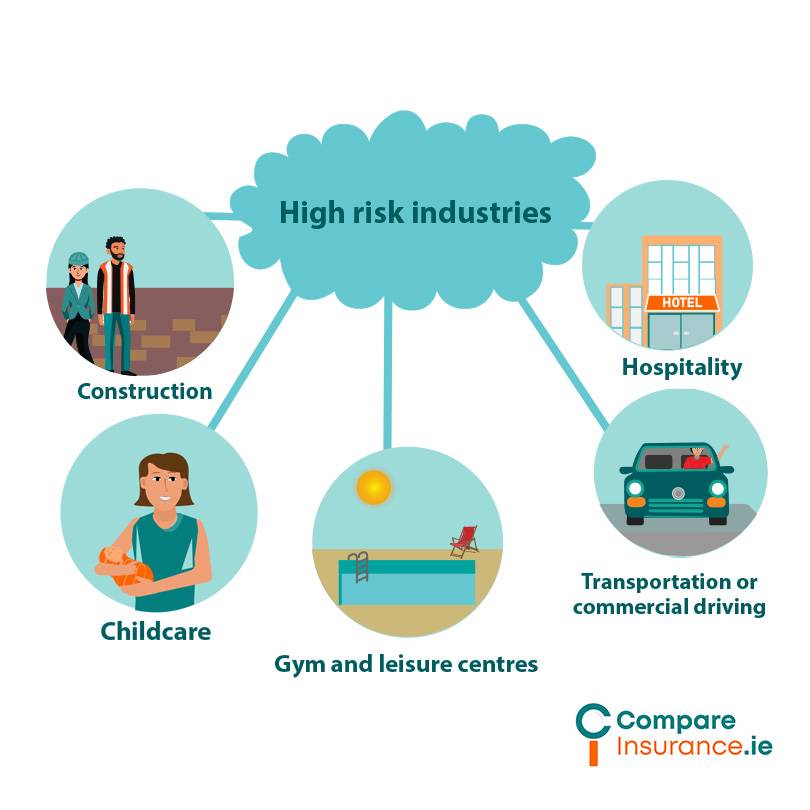
2. Consult a specialist business insurance advisor
Business insurance is usually flexible and tailored to the size and nature of your business and sector. But when you operate a high risk business, it can be challenging to find the right business insurance cover.
Compare Insurance can offer you a free consultation with a specialist business insurance advisor with excellent insight into the Irish business insurance market and can help you to get excellent cover that you can rely on to protect your high risk business.
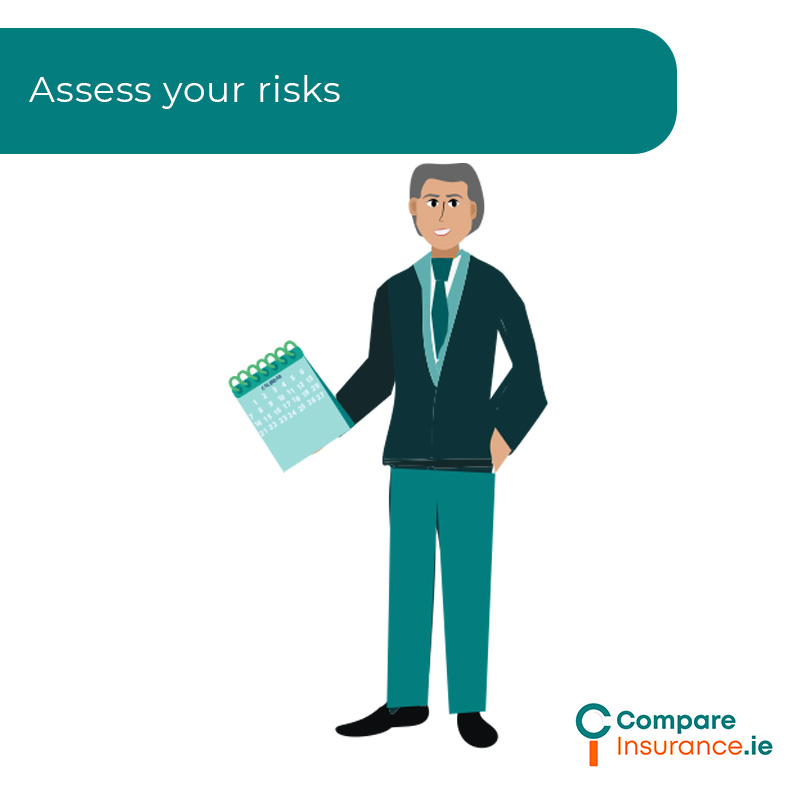
3. Regularly review your insurance cover
As your business grows and evolves, so too do the risks that it faces. It is essential that your business insurance cover matches the needs of and risks your business.
Regularly reviewing your business insurance will allow you to concentrate on the challenges and demands of growing your business with full peace of mind that it is protected should the unexpected occur.
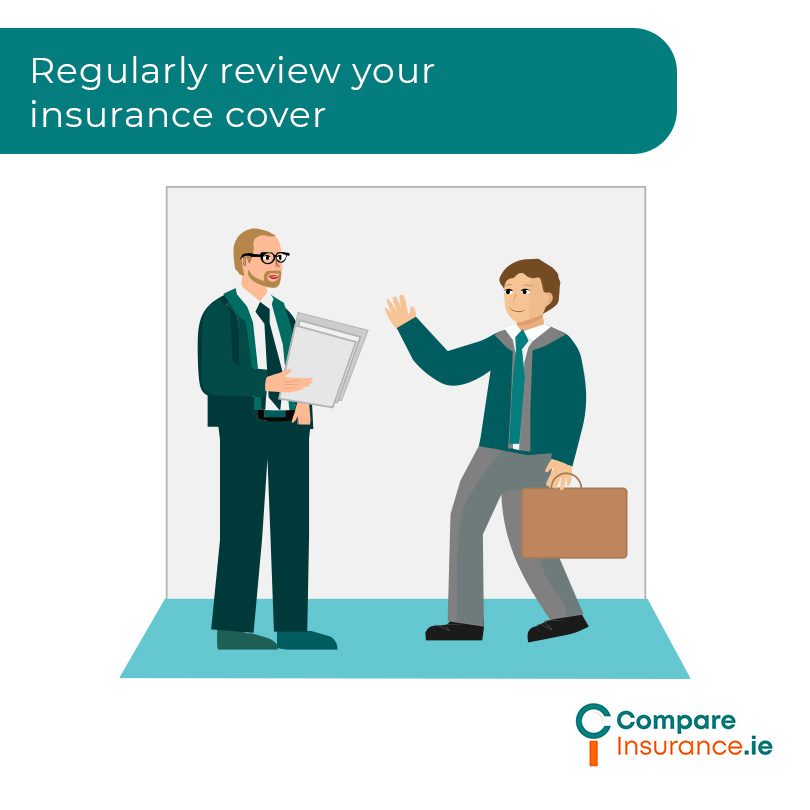
Get a business insurance quote today!
If you run a high risk business, you may have concerns about financial loss, the risk of claims, or even bankruptcy if your business is hit with a claim or an unexpected event occurs.
However, Compare Insurance can find you excellent business cover tailored to the risks and needs of your business. Our Central Bank regulated advisors can get you free business insurance quotes for your high risk business so you can compare and get the best cover.
Fill in our online assessment, or call or email us and speak to a qualified financial advisor today.

Author: Séamus Ó Doirín | Chief Insurance Editor
Séamus Ó Doirín is a Donegal based QFA who has been writing about insurance since 2020. His main focus is getting people the best value for insurance in the Irish market. His writing covers all areas of insurance and is a valuable part of the Compare Insurance team.
